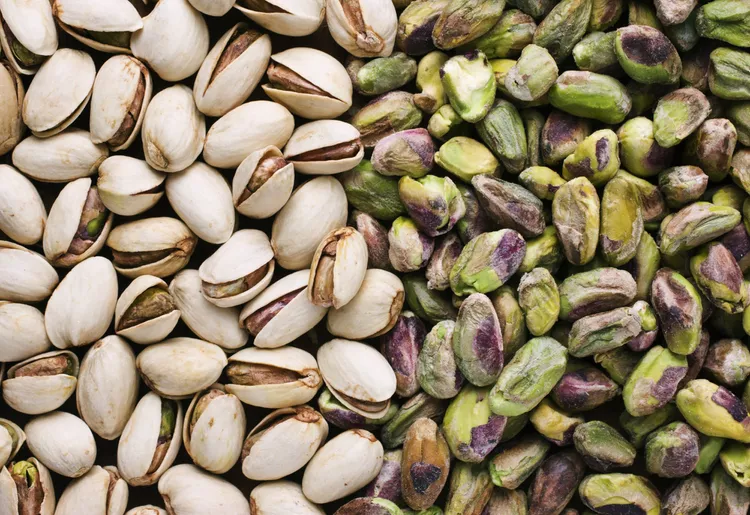Do you like pistachios? Understanding pistachios’ pros and cons can benefit you in the long run.
According to WebMD pistachios come with several benefits such as lower blood pressure, healthy blood sugar levels, improved blood vessel health, better eye health, weight loss, and even increased bone structure and strength. Although there are substantial benefits to consuming pistachios, drawbacks include carbohydrate overload, diarrhea, stroke and heart disease (due to overconsumption of sodium in the salted variety), and deadly anaphylactic shock due to nut allergies.
Pistachios, without a doubt, are a great source of vitamins and minerals, including manganese, phosphorus, copper, vitamin B6, thiamine, and potassium. Pistachios come in four different variations which you can buy at the local market: shelled, unshelled, roasted, and salted. Since the same nutrients and proteins exist in all the varieties, consumers can base their purchase on personal preference. According to HealthLine, pistachios contain 159 calories, 8 grams of carbohydrates, 3 grams of Fiber, 6 grams of protein, 13 grams of fat, 6% of the DV of potassium, 11% of the daily value (DV) of phosphorus, 28% of the DV of vitamin B6, 21% of the DV of thiamine, 41% of the DV of copper, and 15% of the DV of manganese.
Pistachios play a huge role in the overall health of your body, and according to HealthLine, pistachios are very high in antioxidants. Antioxidants not only provide the right supplements, but they also prevent cell damage and can protect against cancer.
Unless you have a previously noted health condition, eating pistachios in moderation is very healthy. Encourage others to try pistachios if they have not, but be aware that eating too many in one sitting can cause some irritation, bloating, and even nausea and diarrhea, so limit your consumption for a more enjoyable and delicious snack.














